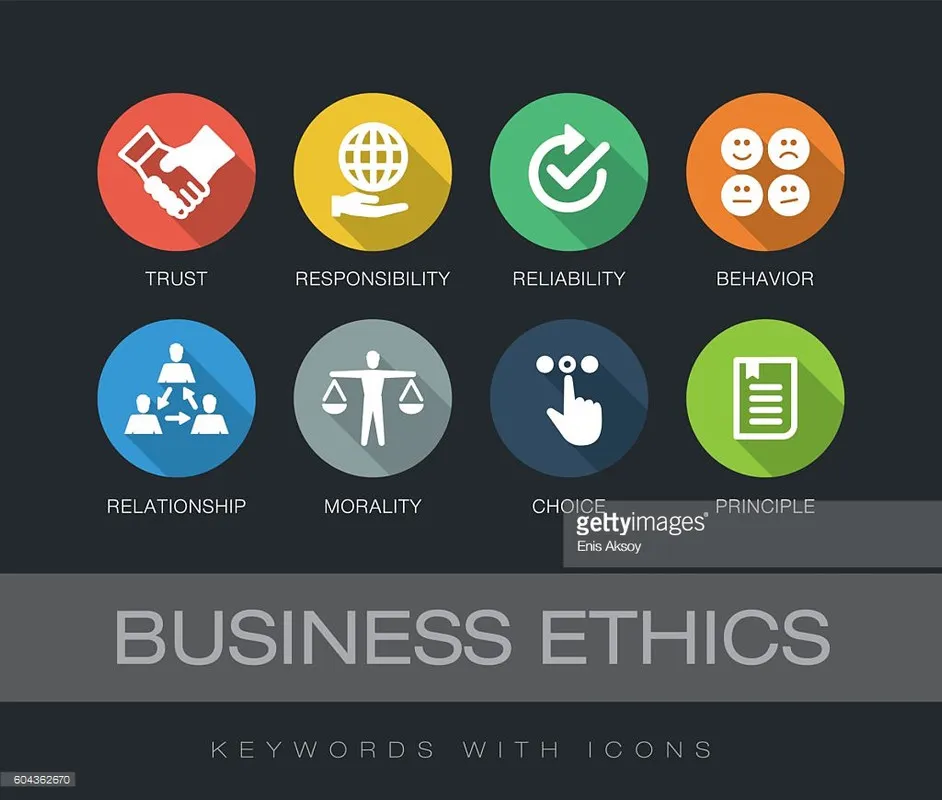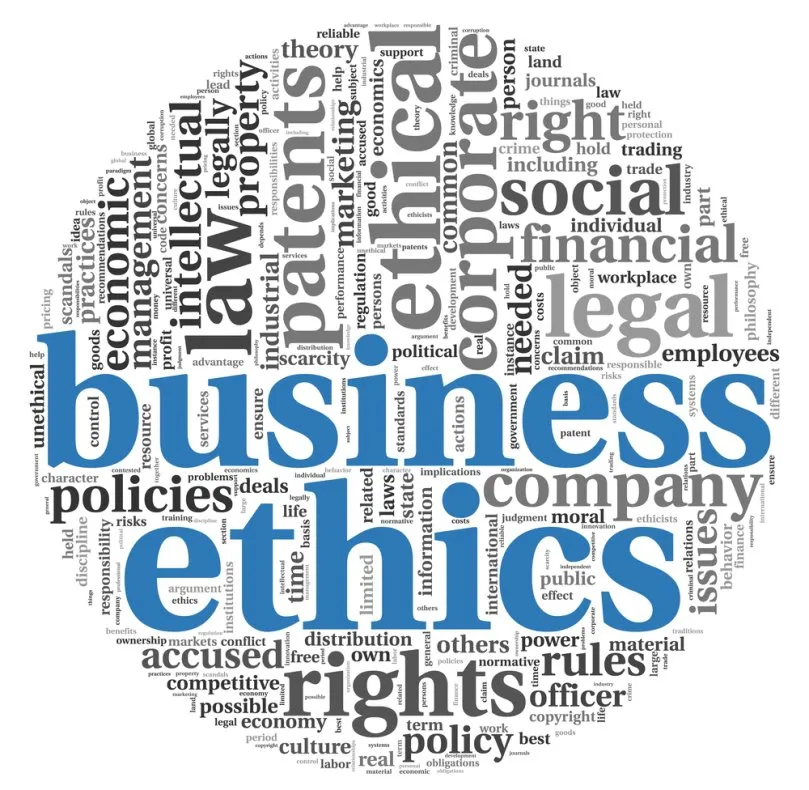Business is a set of interrelated activities or any lawful activity engaged in or carried on with a view to making profit. The basic economic unit in which these sets of activities is performed is the business enterprise. Therefore, it is imperative to define the business enterprise as an organizational context within which men, ideas, material and machines and other resources are harnessed and combined for the purpose of providing needed goods and services, in order to make profit and remain in existence.
Appriah (1999) posited that the business organization represents a human and technical system designed to produce goods or provide valued services to satisfy human needs and wants.
The achievement of the intentions of the business requires the . establishment of a management structure that ensures proper definition of rules and responsibility to provide the basis for the development of effective selection systems that aid the recruitment and engagement of suitable personnel to occupy positions created within the context of the business enterprise.
Indeed, the set objectives above cannot be achieved unless the employees and employers of the business enterprise demonstrate the appropriate ethical behaviour in the execution of assigned duties. ultimately °enhancing the corporate image of the business outfit in the environment Where it operates. This becomes essential for the strategies developed to stimulate patronage for the goods and services produced and provided by the business concerns. Employees who demonstrate unethical behaviour do not promote the fortunes and the well-being of the organization and thus. unless such negative behaviours are abandoned, it becomes impossible for them to make the desired contribution.
In the light of the above. this question. therefore. arises. What is ethics? What does ethics has to do with business as it relates to the entrepreneur? What constitutes ethical and unethical conduct in the entrepreneurial context of business?
WHAT IS ETHICS
The word ‘ethics’ derives from the Greek word ethos which means customary behaviour, character and morals. It is also derived from the Greek word: ethikos. But etymologically, ethics comes from the Latin word: erhicus.
The word ethics has been variably defined by different authorities. Hill and Jones (2004). referred to ethics as “accepted principles of right or wrong that governs the conduct of a person, the members of a profession. or the actions of an organization”. However, Stoner et al (1995), defined ethics “as the study of how our decision affect other people".
On his part, Jones (2000). sees ethics as “ moral principles or beliefs, about what is right or wrong". Also, Griffin views ethics as “an individual's personal beliefs about what is right and wrong or good and bad ".
Therefore. it can be deduced that ethics refers to our idea of what behaviour or conduct is right or wrong and what behaviour is good or bad.
More specifically. business ethics are the accepted principles of right or wrong governing the conduct of business people (Hill and Jones 2004).
However. Shaw (1991), defined Business ethics as “the study of what constitutes right and wrong, or good and bad human conduct in business context".
In our society today, many accepted principles of right and wrong are universally recognized and codified into laws. In business, there are laws regulating contracts and breaches of contract (contract law), competitive behaviour (antitrust law), product liability (tort laws),-the protection of intellectual property (intellectual property law) and the selling of scourities (securities law). It is not only unethical to break these laws, it is illegal. It is important to note. however, that behaving ethically goes staying within the bounds of the law.
The values and expectations of the society define for us what is wrong or right and it is expected that within a given society, there will be an agreement on what behaviour is proper and improper. However, this may not always be the case. There may be different situations in which people differ in terms of what they consider to be right or wrong behaviour. Nevertheless, it will be appropriate to say that, in the long run, there is agreement within any society on what is good or bad behaviour.
Most of the ethical issues that entrepreneurs and managers confront arise from a potential conflict between the goals of the business, or the goals of the entrepreneurs, managers and the fundamental rights of important stakeholders, including shareholders, workers, suppliers, clients, communities, competitors and the general public. Stakeholders have basic rights that should be respected and it is unethical to violate those rights.
In summarizing what is ethics, it should be recognized that the question regarding whether a particular or given behaviour is good or bad is a societal issue. But the decision to engage in, or to refrain from, a particular behaviour which the society perceives unethical is usually left to the entrepreneurs, business people, organizations and individuals. However, unethical behaviour, may attract scorn or other forms of sanctions from other members of the society.
FACTORS THAT INFLUENCE ETHICS
•Personal experiences
•Peer Group
•The rule of law
•Societal culture
•Personal values and aspirations
•Social organizations
•Circumstantial factors
•Family influences
•Mass Media
FUNDAMENTAL PRINCIPLES OF BUSINESS ETHICS
•Principle of solidarity-- We must be concerned with promoting the well-being of all human beings and not only our oown.In so far as we fail to do so,we undermine our own fulfilment. An entrepreneur and manager will be guilty of this principle if he pays deaf ear to the bad working condition of his employees and yet wants them to be effective and efficient in terms of production.
•Principle of Rationality --As entrepreneurs and businessmen, there is the urgent need to strive to act intelligently especially when it comes to dealing with our employees and esteemed customers. This principle will assist entrepreneurs and managers to think clearly and make decisions based on reason rather than emotions. while rationally considering the effect that our own behaviours or actions will have on ourselves and others that are close to us.
• Principles of objectivity/impartiality --This principle requires that we be neutral. fair, unbiased, not supporting one group more than another. The principle of objectivity imposes the obligation on all managers and entrepreneurs alike to be fair, intellectually honest and free of conflict of interest. When it comes to making certain judgemental decisions that have to do with ethical issues, we should strive to apply the same standards/criteria of judging ourselves to strangers or others who are close to us maintaining a state of mind that permits the provision ofan opinion without being affected by influences that compromise ethical judgement.
•Principle of Efficiency-- This principle states that in trying to promote human fulfillment, good intentions are not enough. One must endeavour to use effective means. This means that such good intentions must be backed up with honest and genuine efforts to realize or actualize that intention. A mere promise to increase the pay rate or wages of an employee for overtime purposes without honest effort to fulfill it will amount to nothing but mere lip service.
•Principle of refraining from willing harm to a human being-- One should not choose directly to harm a human being either emotionally, physically or otherwise. A manager who exposes his employees to direct hazards of the workshop without safety measures or precautions will be guilty of this principle.
Thanks for reading. Please leave your comments and do well to upvote.


